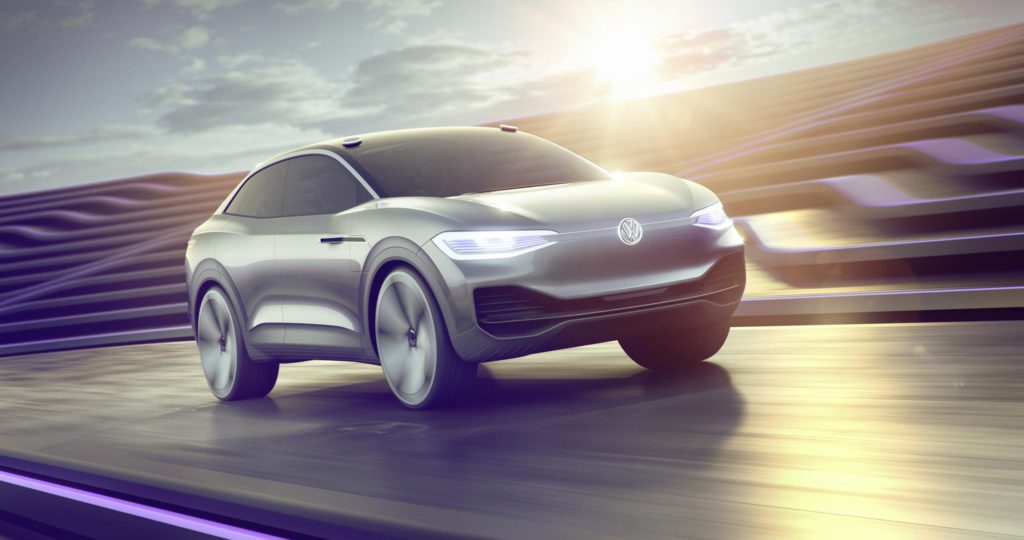VW electric vehicle sales increase as the company prepares for a crucial year
30 January 2019

30 January 2019
This year will be a crucial one for Volkswagen (VW) Group as the German manufacturer looks to make its mark on the electric vehicle (EV) market.
The company has received a boost in its latest figures release, revealing that sales of electrified vehicles grew by 30% in 2018, with 100,000 units finding new owners. About one third of these were full electric vehicles, with the rest being plug-in hybrids (PHEVs).
VW’s best-selling EV was the eGolf, a battery-powered version of the company’s popular Golf hatchback. Sales rose by 60%, with the head of VW Group sales, Christian Dahlheim, speculating that this may have been higher, if not for production bottlenecks caused by the implementation of WLTP. The company also produces the eUp! city car in its EV range.
Sales of PHEVs grew by 20% last year, despite the perceived popularity of the Porsche Panamera E-Hybrid. This was partially due to WLTP, which caused delays in new vehicles gaining type approval. Therefore, to prioritise the sale of high-volume models, the Golf and Passat GTE PHEV models were taken off sale temporarily. Both will be made available again later this year.
EV push
Audi, Porsche and VW are all launching electric vehicles this year in a push to become a market leader in the technology. Already, the German company sees 2026 as the last year it will introduce an internal combustion engine model.
Leading the way is Audi, whose e-tron SUV will be available to order from the end of January, with deliveries beginning in March. The brand has said it has already received 16,000 advance reservations for the car.
This will be followed later this year by the Porsche Taycan, which started life as the Mission E concept. According to figures released by the company, the new EV will develop over 600bhp from a dense lithium-ion battery pack, rated at 270 watt hours per kilogram. Two synchronous electric motors, one mounted on each axle, will provide the drive.
Finally, VW itself will begin production of its I.D. hatchback, which is expected to start at around €30,000 in Germany. This Golf-sized model will be the first in the sub-brand range for VW.
Mobile charging
VW is looking to reorganise its business and unlock finances to spend on EV development. However, the company is not just concentrating on vehicles in this market. The new Volkswagen Components Group has announced its decision to start series production of the flexible, fast charging station from 2020 onwards. This station, based on the principle of a power bank, can charge up to four vehicles at the same time and be used for the interim storage of eco-power.
The station is to be produced at the Hanover components plant, where heat exchanger production, forming part of the engine business area, will be replaced step-by-step by the new e-mobility business area.
Thomas Schmall, CEO of Volkswagen Group Components, says: ′The development of charging infrastructure will be a key factor in the success of e-mobility. The flexible, fast charging station developed by Group Components can make a key contribution in this area. This is confirmed by the considerable interest shown by potential partners. The charging station is an element in the end-to-end responsibility of Group Components for the high-voltage battery – from the development of cell production competencies through to recycling. At the same time, the transformation of heat exchanger production at the Hanover components plant will provide sustainable prospects for the future in the new e-mobility business area.’